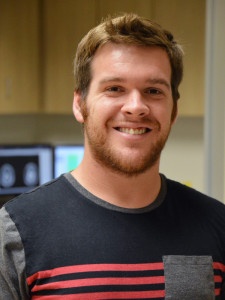May 21, 2019 - AD Research Day Keynote Speaker, Dr. Roxana Carare
The Vanderbilt Memory and Alzheimer's Center is pleased to announce Dr. Roxana Carare's talk on “Failure in the clearance of proteins from the brain: New therapeutic targets for Alzheimer’s and neurodegenerative diseases” on May 21, 2019. The talk will be held at MRB-III 1220 from 4pm-5pm.






